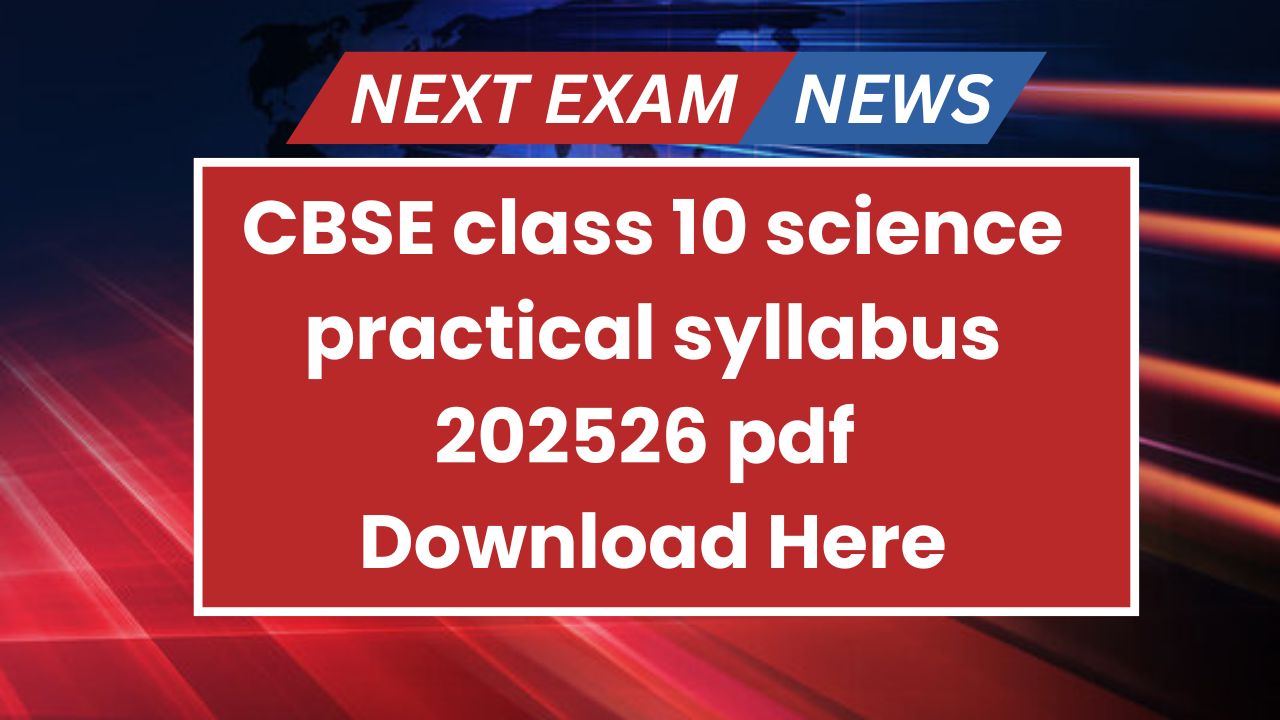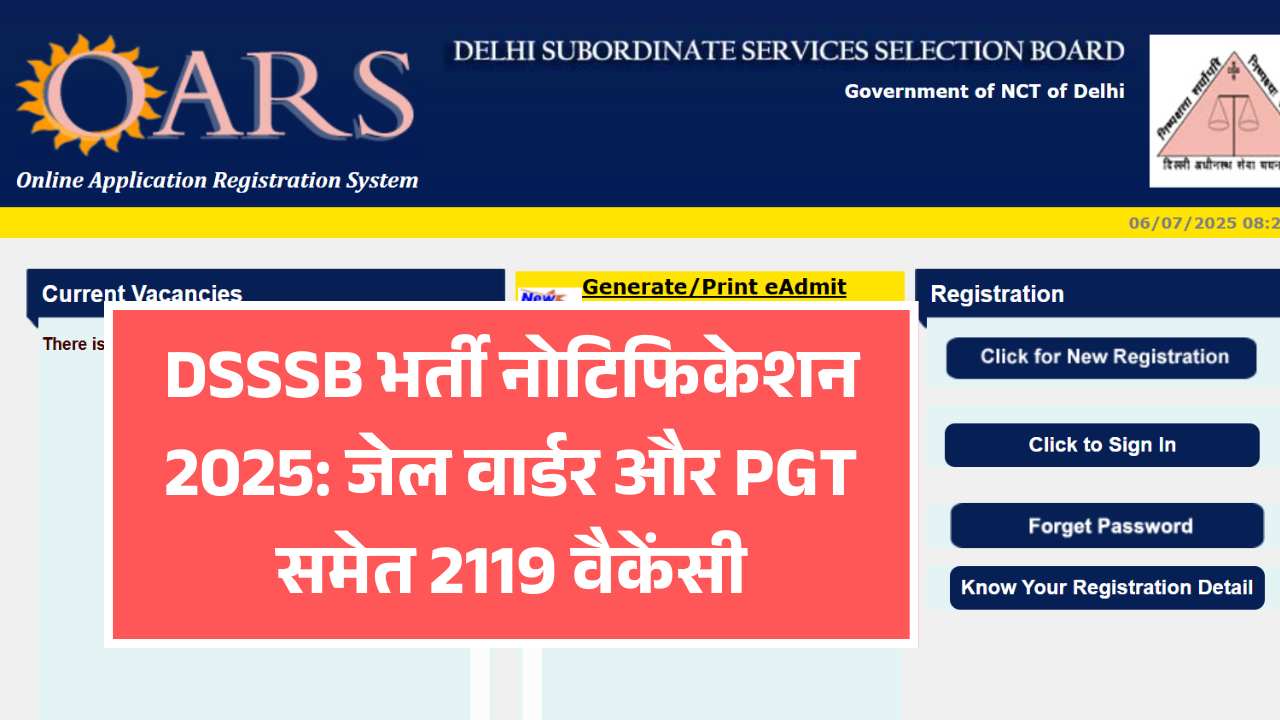The CBSE Class 10 Science practical component for 2025–26 carries 20 marks and assesses not just your experimental execution but also your scientific reasoning, observation skills, and accurate reporting. These practicals span three disciplines—Chemistry, Physics, and Biology—and are essential for a well-rounded understanding of science concepts.
Practical Syllabus Overview
The syllabus comprises a specific list of experiments across Chemistry, Physics, and Biology, aligned with the official CBSE curriculum. These exercises test core scientific concepts, measurement techniques, and analytical skills.
Chemistry Experiments
-
Reactions and their classification: Observe combination, decomposition, displacement, and double‑displacement reactions such as heating ferrous sulfate and reacting metals with sulfate solutions.
-
Acids and bases: Measure pH using indicators for samples like dilute HCl, NaOH, lemon juice, etc., and examine reactions using litmus, zinc, and sodium carbonate.
-
Reactivity series investigation: React Zn, Fe, Cu, and Al with their sulfate solutions to determine the order of reactivity.
-
Acetic acid properties: Test for odor, solubility, litmus reaction, and sodium hydrogen carbonate interaction.
-
Soap testing: Compare soap cleansing capability in hard versus soft water.
Physics Experiments
-
Ohm’s Law: Measure potential difference across a resistor, record current, plot V–I graph, and compute resistance.
-
Combination of resistors: Evaluate equivalent resistance in series and parallel configurations.
-
Optics: Determine focal lengths of concave mirrors and convex lenses using distant object method; trace light rays through a rectangular glass slab and prism; record relevant angles and refracted paths.
Biology Experiments
-
Leaf stomata: Prepare temporary mounts to observe stomata under a microscope.
-
Respiration: Demonstrate carbon dioxide release using lime water or other indicators.
-
Diatom/yeast study: Observe binary fission in Amoeba and budding in yeast or Hydra.
-
Seed embryo identification: Dissect and label parts of a dicot seed (e.g., pea or gram).
Frequently Asked Questions
Do I need to memorize theory for each experiment?
Understanding the rationale behind each step is more important than rote memorization. This helps with viva-voce and conceptual clarity.
What if my results are not as expected?
Record actual observations accurately. Analyze the deviations and offer possible explanations—this demonstrates critical thinking.
Can experiments be done at home?
Simple experiments like pH testing and soap effectiveness can be done safely at home. However, optics and precise resistance measurements are best done in a school lab setting.
How should I prepare effectively?
Maintain a detailed lab record for each experiment including aim, apparatus, procedure, observations, and precautions. Regularly practice setups, simulate exam conditions, and develop speed and accuracy.
Preparation Tips
-
Regular hands-on practice builds procedural fluency and reduces mistakes.
-
Time each experiment during practice to ensure smooth completion under exam conditions.
-
Ensure clarity in tabular observations, as precise data fetches critical marks.
-
Adopt a scientific mindset: observe, record, infer, and relate findings to theories or real-world examples.
-
Engage actively with teachers and peers to clarify doubts about apparatus, procedures, and error sources.
Download the Official Syllabus PDF
Below is the official CBSE document detailing the 2025–26 Class 10 Science practical syllabus, including experiments, marking scheme, and assessment guidelines:

Hey, I’m Deepkant Shrivastava from Amethi, Uttar Pradesh. I’ve been blogging since 2020 and have written thousands of articles on niches like jobs, education, and govt schemes.. I studied at Dr. Rammanohar Lohia Avadh University (B.Sc.) and CIPET Jaipur (PG), and I love helping people find the right career and learning resources. I’m a WordPress and SEO enthusiast, and I also run an online business “DigiCrafto.com” where I sell Digital tools and Services.
Want to connect? Feel free to drop me a line at [email protected].



